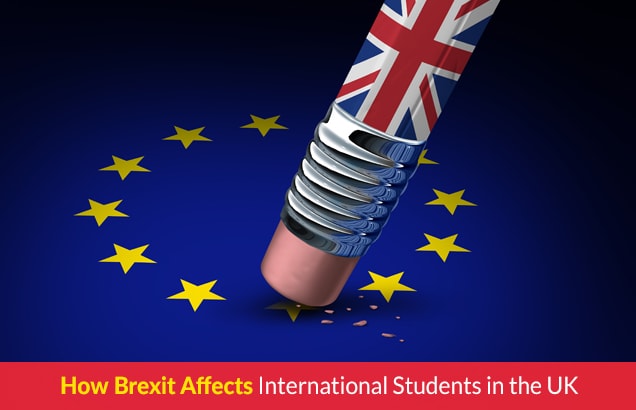In the wake of the controversial EU referendum, headlines about Brexit seem to be ubiquitous. Brexit has the potential to affect almost everything to do with our economy, and anything international. That includes Universities, and us, the student population. In particular, leaving the EU is going to change studying abroad as we know it.
Predictably, it is going to be more difficult for EU nationals to study in the UK. This could be a cause for concern for the government; higher education is an important export, and a source of income. ‘Universities UK’ calculated that 5.5% of the entire UK student population between 2012 and 2013 were International students from the EU, contributing £3.7bn to the UK economy, and creating 34,000 jobs. That number of EU students is set to fall dramatically following Brexit, as EU nationals would then be recruited as international students, meaning their tuition fees would significantly increase. Furthermore, new analysis shows that as a result of Brexit, visa restrictions limiting the number of international students coming to study in the UK could cost the country up to £2 billion a year.
Student visas have been a source of controversy of late; as home secretary Theresa May imposed stricter visa conditions on international students with the view that student visas could be used as a ‘back door’ way into the country for immigrants wanting to work in the UK. In October Current home secretary Amber Rudd also presented a possible two tier system whereby tougher restrictions on visas would apply to international students enrolling in “lower quality courses”. Consequently, the number of international students coming into the UK has fallen (41,000 fewer students came to the UK to study long term last year alone) and this number is set to increase as Brexit tightens its grip around visa acquisition.

This works both ways. UK students are also likely to have a more limited opportunity to study abroad in the EU. Domestic rates will no longer apply after Brexit, making it more expensive. For example, Maastricht University in the Netherlands recently stated that tuition fees could rise for UK students from £1,600 to between £6,300 and £8,360. It is also possible that UK students will no longer be eligible for the Erasmus exchange programme funding. Furthermore, it is yet to be seen whether it will be difficult for British students to acquire a study visa for countries in the EU.
The silver lining is that with fewer international students coming to the UK, it could be easier for domestic students to get into university, thanks to vacancies left by the fall in international students. However, Brexit poses an unwelcome threat to the international, cooperative nature of university, and a potential obstacle in the way of studying in a foreign country.
Charlie Harrocks
Image: [Prepadviser]

